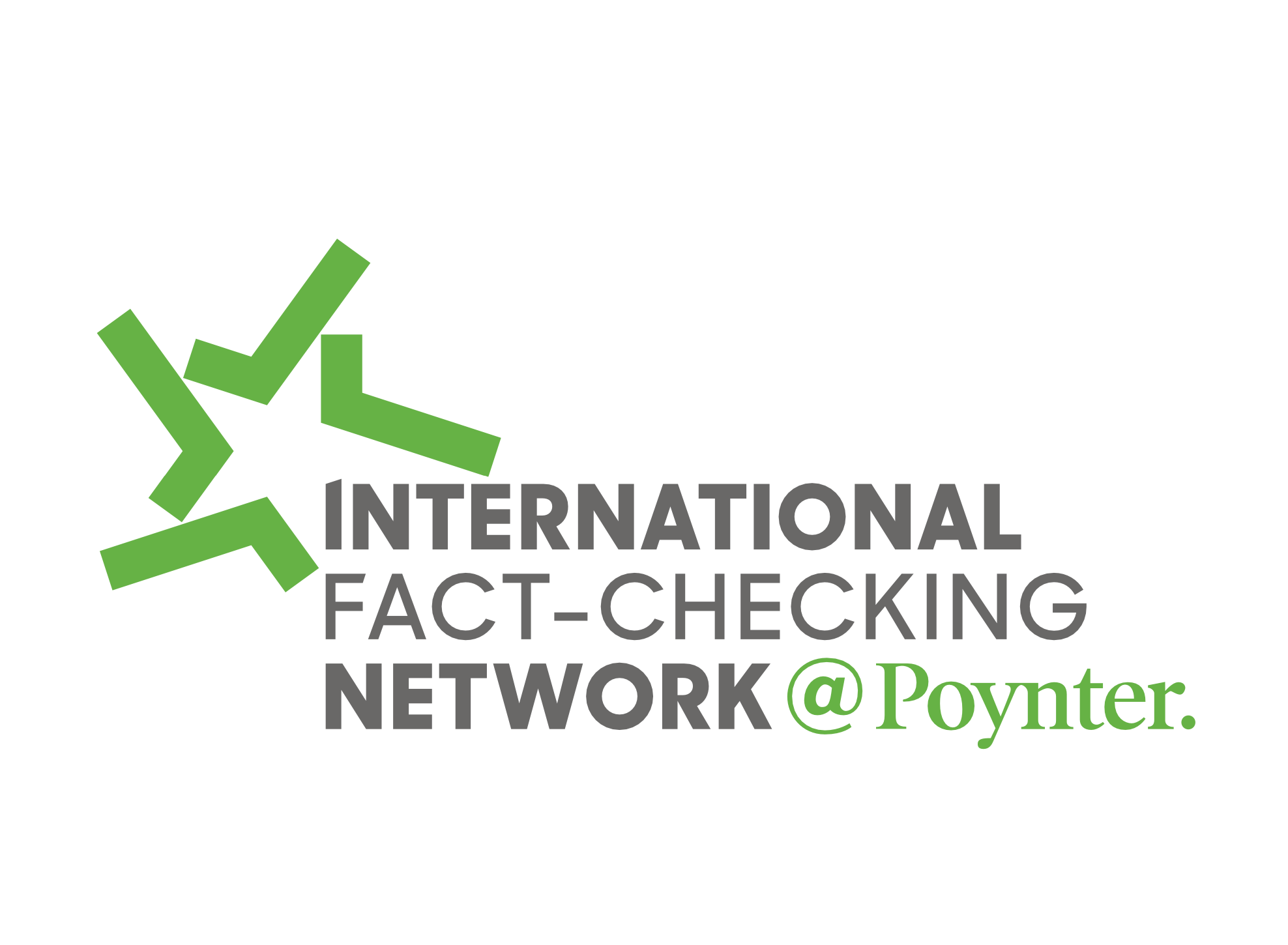Lawyers for Gawker, Buzzfeed, Amazon, Google, Facebook, Twitter and other organizations filed briefs Nov. 19 after a federal judge allowed a defamation lawsuit against a Arizona gossip website to proceed. They say the case could “significantly chill online speech,” Amanda Lee Meyers reports.
The website, thedirty.com, publishes submitted posts, some of which are anonymous. Owner Nik Richie screens them, Meyers writes. This case revolves around the 2012 lawsuit by Sarah Jones, who sued Richie saying “caused her severe mental anguish and embarrassment.”
The posts “were unrelated to a criminal case that emerged against her in March 2012 in which she was accused of having sex with her former student, a teenager,” Meyers writes. Richie “added a comment about high school teachers and sex.” The judge said his commentary “effectively validated all the anonymous accusations against her,” she reports.
Websites with community platforms include Gawker, BuzzFeed and Medium. In July, Poynter’s Andrew Beaujon wrote about how BuzzFeed’s community platform works. At the time, the community platform, which is treated like its own vertical, had about 500,000 registered members and produced 100 pieces of content a day.
Those pieces, like everything on BuzzFeed’s community pages, look like content created by BuzzFeed’s staff — with a banner identifying the author as a “community contributor.” (BuzzFeed spokesperson Ashley) McCollum said the site devotes editorial help to the community section’s best users so their posts do better. Shepherd said the visual cues are “something that we have had to look at really closely. … We want community members to have this great experience and not feel like they’re ghettoized, but also want to make it as clear as possible this is not a paid staffer.”
Gawker uses its own Kinja plaform, which, according to Gawker’s site, “With Kinja, you can now create your own discussions on your blog and control who gets to be a part of those discussions. You have the power to curate the conversation using the same tools of engagement as our editors, such as reply, dismiss, follow, like, and share.”
In August, Craig Silverman wrote for Poynter about the need for labeling what content comes from staffers and what comes from contributors or, in this case, the community.






